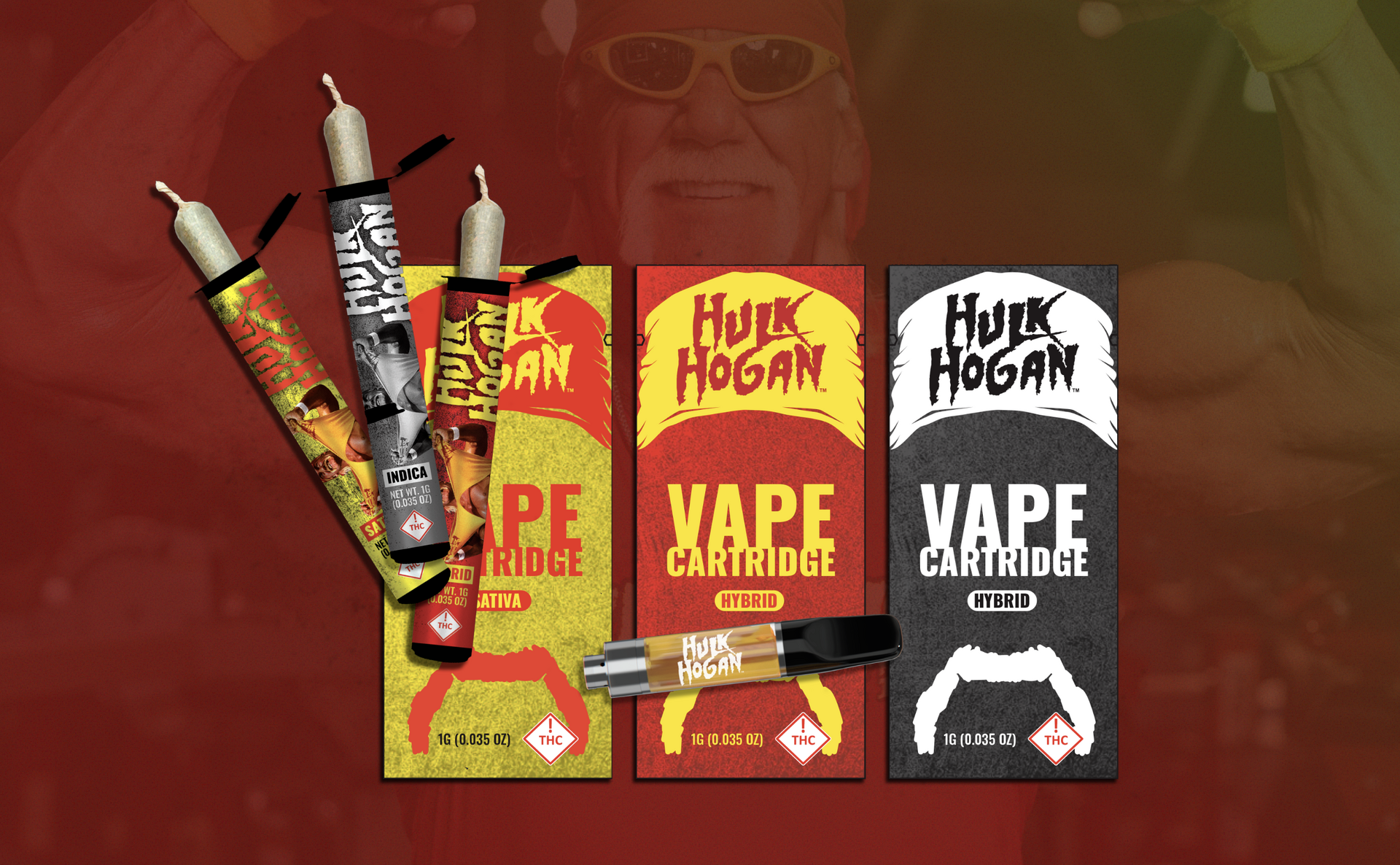U.S. News
‘Role models’ Hulk Hogan, Mike Tyson peddle candy vapes to kids
By Jake Beardslee · September 18, 2023
In brief…
- Mike Tyson and Hulk Hogan are facing heavy criticism for their flavored nicotine vape brands, which health experts say appeal to kids with their colorful, candy-like packaging.
- The products fly in the face of a 2020 FDA ban on flavored vapes.
- Over 2.5 million U.S. youths now use e-cigarettes, up 500,000 from 2021, with disposable vapes seeing a big rise in sales.
- It took decades to hold the tobacco industry accountable for the health consequences of cigarettes. Now medical groups are calling for tighter regulations on e-cigs to curb their surging popularity among youth.

Former heavyweight boxing champion Mike Tyson and pro wrestling legend Hulk Hogan are facing criticism for their nicotine-flavored vape brands.
The colorful, candy-like packaging of their “Tyson 2.0” and “Immortal by Hulk Hogan” vapes and related THC and CBD products have drawn sharp scrutiny from health experts and former government officials who say the unhealthy products are designed to appeal to kids.
Jim Carroll, former White House Drug Control Czar under President Trump, told the New York Post, “For so-called celebrities to be promoting products that are dangerous for kids” is concerning.
Meredith Berkman, co-founder of Parents Against Vaping E-Cigarettes, called it “disheartening” to see the athletes “use their likeness to market flavored poison.”
The candy-styled vapes fly in the face of a 2020 FDA ban on the sale of many flavored e-cigarettes. But some stores continue to sell the illicit products, former New York City Sheriff Edgar Domenech told the Post.
“They’re targeting our kids,” he said.
In 2022, 2.5 million youths reported using e-cigarettes, including roughly 14% of all high school students and 3% of middle school students, according to the Centers for Disease Control and Prevention (CDC). That number is up 500,000 from 2021.
E-cigarettes contain high levels of nicotine and risky additives that are released when the battery heats up. Exposure to certain flavorings has been linked to serious lung problems, while ingredients such as glycerol can irritate the throat. Disposable vapes saw a significant jump in sales during COVID-19.
Juul and other companies used advertising that appealed to young people, despite the possibility of health consequences, the article notes. It took decades to hold the tobacco industry accountable for the health consequences of cigarettes. Now groups like the American Heart Association are calling for tighter e-cigarette regulations to curb teen use.